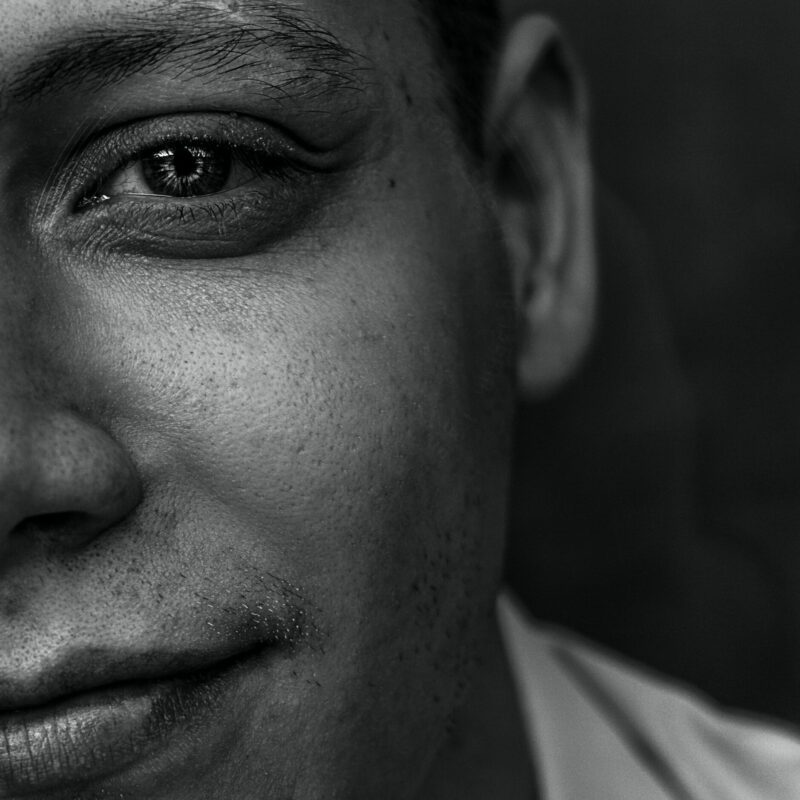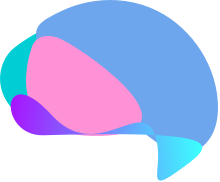Navigating through the world of mental health services when you are in need of help can be difficult. In this blog I am focusing on accreditations within psychotherapy training – CBT and EMDR in particular.
EMDR for Depression
Depression is characterised by a negative view of oneself and their future; it is one of the most common mental health disorders, and can affect us all.
Depression is characterised by a negative view of past, self, and the future. Depression is usually diagnosed after the symptoms have affected the quality of life for over 2 weeks.
Depression can be accompanied by an underlying trauma or constant fear of some sort, and there is a growing body of research evidence showing the EMDR approach to be an effective treatment for long term and major depression.
Although depression is often consequential to underlying trauma and can be caused by trauma, it is, however not always the case. In EMDR either, or both, the trauma and/or other negative beliefs are targeted.
At Positive Mind Practice we determine the reasons behind the depression that causes it; this is followed by planning for the best treatment whether it would be CBT or EMDR or both in combination. The length of the treatment depends on the reason that causes depression.

Myths about EMDR:
- EMDR is a form of hypnosis? Wrong – EMDR is not hypnosis and has nothing to do with hypnosis.
- I cannot get better in one session? Wrong – We will never promise how many sessions it may take to support you through your journey, but we can assure you that you will receive the highest level of quality support from fully qualified and accredited therapists.
- EMDR makes you forget your memories? Wrong – You still remember past memories, however EMDR works to ensure that the memories that used to cause distress are no longer distressing.
How does it work?

Book your first therapy session
Often it is difficult to pinpoint what is exactly the problem. Don’t worry about that. Just simply book your first appointment, and a member of our team will advise you on providing the best way forward.
Access convenient and effective therapy
We offer help remotely meaning you don’t have to leave your home. We only provide support that is evidence-based, backed up by vigorous research, providing you with a clear strategy and support that guarantees success.
Take the next step towards a healthier mind
We offer personal aid, supporting you on your journey to a better and happier life. A highly trained member of our team will carry out your assessment and provide you with a bespoke plan going forward.Not sure what you’re looking for?
Arrange a chat with our specialist team


